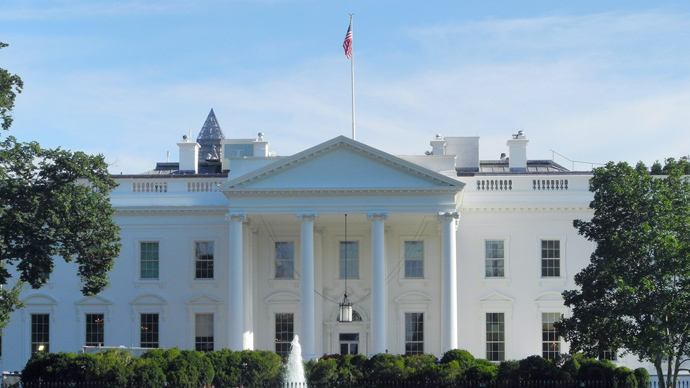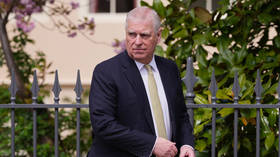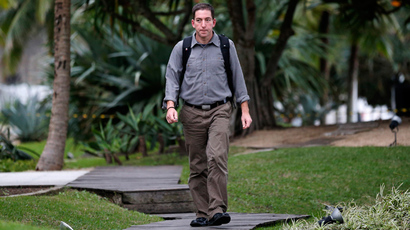White House visitor logs not subject to public information requests, court rules

White House visitor logs for the president and most of his staff members are not subject to public information requests via the Freedom of Information Act, a federal appeals court ruled unanimously Friday.
The watchdog group Judicial Watch had asked for Secret Service
records in order to access White House visitor information for
President Obama's first seven months in office.
Merrick Garland, chief judge of the U.S. Court of Appeals for the
District of Columbia Circuit, said in the ruling opinion that
conflating Secret Service "agency records" to extend to
White House visitor logs could hamper the executive’s ability to
meet confidentially with visitors.
"Congress made clear that it did not want documents like the
appointment calendars of the president and his close advisers to
be subject to disclosure" under the Freedom of Information
Act, wrote Garland.
Current rules allow for White House visitor records to stay
confidential up to 12 years after a president has left office.
In May 2006, the Bush White House and the Secret Service asserted
visitor logs are presidential records that can be shielded,
unlike Secret Service agency records that are subject to FOIA
requests unless one of nine exemptions applies.
Judicial Watch, a conservative group, said it was considering an
appeal of the ruling.
"Decisions like this turn the Freedom of Information Act from
a transparency law to a secrecy law," the group's president,
Tom Fitton, told AP.














